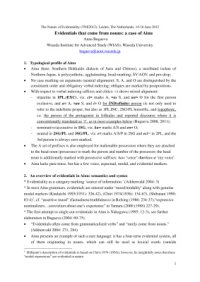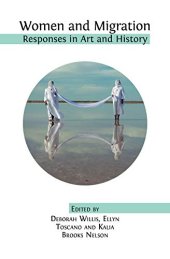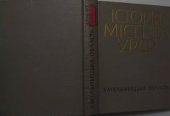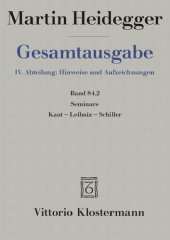
Ebook: Evidentials that come from nouns: a case of Ainu
Author: Bugaeva Anna.
- Genre: Linguistics // Foreign
- Tags: Языки и языкознание, Японский язык, Языки Японии, Айнский язык
- Language: Japanese-English
- pdf
Leiden: The Nature of Evidentiality (TNE2012), 14-16 June 2012. — 9 p.Ainu (here: Southern Hokkaido dialects of Saru and Chitose), a moribund isolate of Northern Japan, is polysynthetic, agglutinating, head-marking, SV/AOV, and pro-drop. No case marking on arguments (neutral alignment): S, A, and O are distinguished by the constituent order and obligatory verbal indexing; obliques are marked by postpositions. With respect to verbal indexing (affixes and clitics: =) shows mixed alignment: - tripartite in 1PL. (EXC), viz. ci= marks A, =as S, and un= O for the first person exclusive, and a= A, =an S, and i= O for IND(efinite) person (is not only used to refer to the indefinite proper, but also as 1PL.INC, 2SG/PL honorific, and logophoric, i.e. the person of the protagonist in folktales and reported discourse where it is conventionally translated as ‘I’, as in most examples below (Bugaeva 2008, 2011); - nominative/accusative in 1SG, viz. ku= marks A/S and en= O; - neutral in 2SG/PL and 3SG/PL, viz. e= marks A/S/P in 2SG and eci= in 2PL, and the 3rd person is always zero-marked.
Download the book Evidentials that come from nouns: a case of Ainu for free or read online
Continue reading on any device:

Last viewed books
Related books
{related-news}
Comments (0)


















